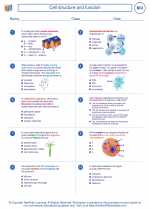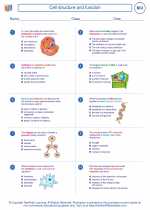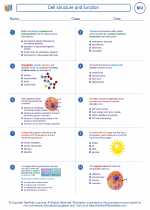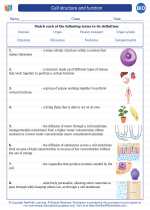Vegetables
Vegetables are an essential part of a healthy diet and are classified as edible plants or parts of plants that are rich in nutrients. They are a major source of vitamins, minerals, fiber, and antioxidants that are important for maintaining good health.
Types of Vegetables
Vegetables can be categorized into different types based on their edible parts:
- Root Vegetables: Examples include carrots, beets, radishes, and potatoes.
- Leafy Greens: This category includes spinach, kale, lettuce, and collard greens.
- Cruciferous Vegetables: Broccoli, cauliflower, Brussels sprouts, and cabbage fall into this group.
- Stem Vegetables: Asparagus and celery are examples of stem vegetables.
- Edible Plant Fruits: Vegetables like tomatoes, cucumbers, and bell peppers are botanically fruits but are commonly grouped with vegetables.
- Legumes: Peas, beans, and lentils are part of this category.
Nutritional Benefits
Vegetables provide a wide range of nutrients that are essential for the body:
- Vitamins: Vegetables are rich in vitamins A, C, and K, as well as various B vitamins such as folate and riboflavin.
- Minerals: They are a good source of minerals like potassium, magnesium, and iron.
- Fiber: Vegetables are an important source of dietary fiber, which is crucial for digestive health.
- Antioxidants: Many vegetables contain antioxidants such as beta-carotene, lycopene, and flavonoids, which help protect the body from oxidative stress.
Study Guide
When studying the topic of vegetables, it's important to focus on the following key points:
- Understand the different types of vegetables and their edible parts.
- Learn about the nutritional benefits of vegetables, including the specific vitamins, minerals, and other nutrients they provide.
- Explore the health benefits associated with consuming a variety of vegetables, including their role in preventing certain diseases.
- Examine the recommended daily intake of vegetables and how they can be incorporated into a balanced diet.
- Research different cooking methods for vegetables and how they can impact their nutritional content.
By mastering these concepts, you'll develop a comprehensive understanding of the importance of vegetables in promoting overall health and well-being.
.◂Biology Worksheets and Study Guides High School. Cell structure and function
Worksheet/Answer key Cell structure and function
Cell structure and function  Worksheet/Answer key
Worksheet/Answer key Cell structure and function
Cell structure and function  Worksheet/Answer key
Worksheet/Answer key Cell structure and function
Cell structure and function  Vocabulary/Answer key
Vocabulary/Answer key Cell structure and function
Cell structure and function  Vocabulary/Answer key
Vocabulary/Answer key Cell structure and function
Cell structure and function  Vocabulary/Answer key
Vocabulary/Answer key Cell structure and function
Cell structure and function  Vocabulary/Answer key
Vocabulary/Answer key Cell structure and function
Cell structure and function  Vocabulary/Answer key
Vocabulary/Answer key Cell structure and function
Cell structure and function 

 Worksheet/Answer key
Worksheet/Answer key
 Worksheet/Answer key
Worksheet/Answer key
 Vocabulary/Answer key
Vocabulary/Answer key
 Vocabulary/Answer key
Vocabulary/Answer key
 Vocabulary/Answer key
Vocabulary/Answer key
 Vocabulary/Answer key
Vocabulary/Answer key
 Vocabulary/Answer key
Vocabulary/Answer key

The resources above cover the following skills:
BIOLOGY
From Molecules to Organisms: Structures and Processes
Obtain, evaluate, and communicate information to describe the function and diversity of organelles and structures in various types of cells (e.g., muscle cells having a large amount of mitochondria, plasmids in bacteria, chloroplasts in plant cells).